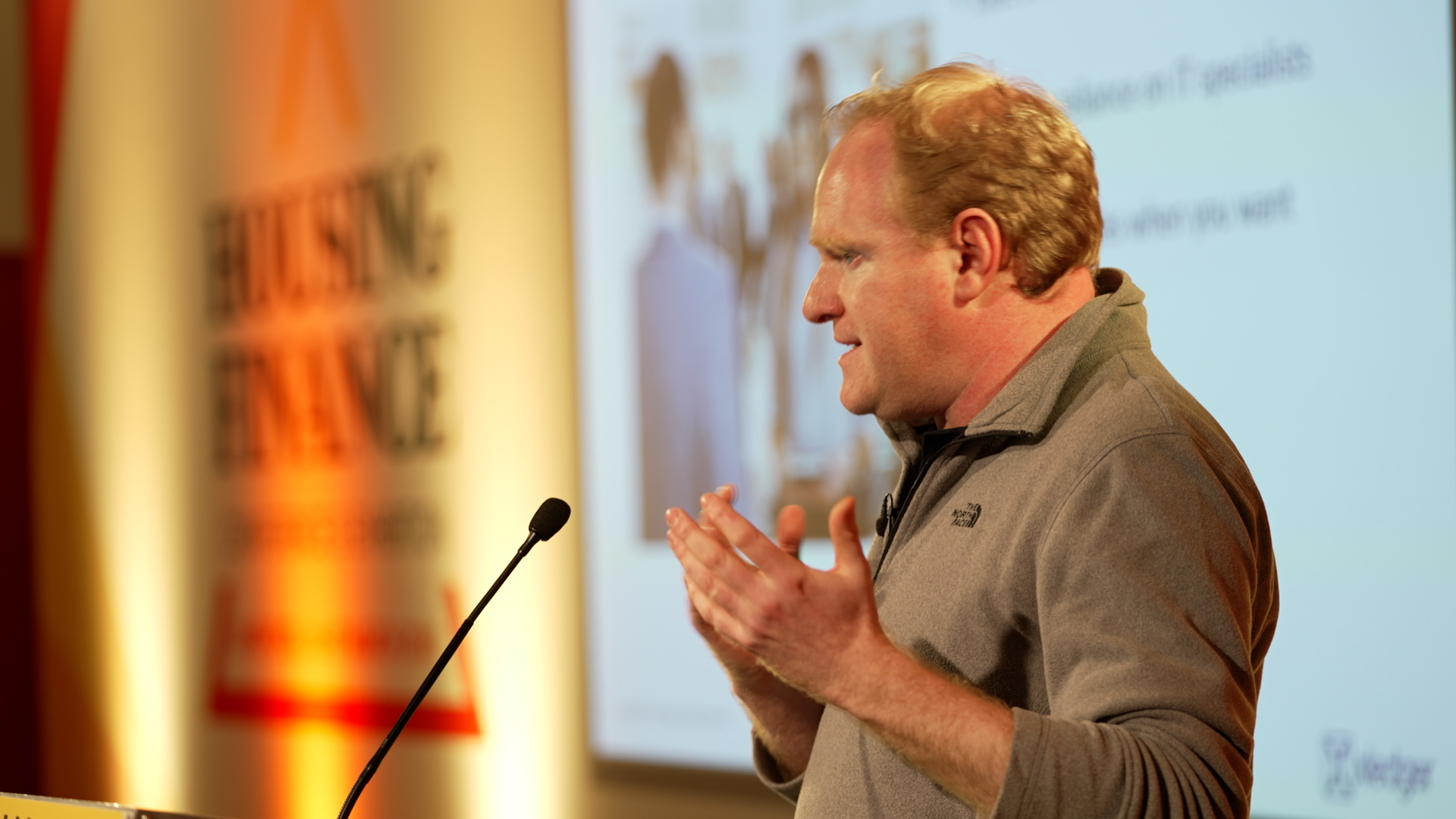Xledger recently joined a panel of experts and Inside Housing to discuss the challenges Housing Associations are facing, specifically where a lack of data and insights are preventing finance teams from operating as efficiently as they’d like.
Finance teams are increasingly being asked to provide more of a strategic role within their organisations, informing business decisions that are reliant on readily available, robust data. Finance digital transformation, therefore, is a hot topic. Read on for some of the key highlights discussed in the webinar or scroll down to watch the webinar in full.
The pressing need to change
Some of the challenges that Impakt Housing & Support were facing will be familiar across the industry. With a legacy finance software that was no longer being supported, they were backed into a corner and finance transformation was initiated by a need to change. Andrew McKean, Director of Finance & Resources commented that having completed a finance transformation project, it has changed the relationship between finance and the rest of the business. Key reports now allow teams to independently understand where they are with their spending without having to consult Finance, and overspend has been brought under control. Business decisions are being made easier and quicker, and the Finance team are adding more value to the business. Similarly, Amit Patel, Technology & Digital Transformation Consultant at Gateway Housing noted that their digital transformation plan is enabling the ambitions of the organisation. They too were using outdated technology that wasn’t adapting quickly enough to keep up with their evolving needs. Amit commented that they are embracing technology innovation throughout the organisation, using humancentric design to focus the projects.
Defining the objectives
Amit also noted how they have defined the business requirements at the outset of their digital transformation journey, something Peter Hucker, CEO at Xledger echoed. His advice is to define objectives and ambitions, rather than functionality, when selecting a new finance software. Technical requirements are important, but starting with the objectives of what you are trying to achieve opens your mind to achieving those objectives in a different, or even better way. Having too many requirements can also leave you vulnerable to needing extensive customisations on any software, which can be difficult and expensive to maintain. Alison Piggin, Assistant Director ICT & Business Systems at Mosscare St Vincent’s Housing Association noted that they started their digital transformation with a review of all their existing systems. Previously, everything was onpremise and there were restrictions around security, limiting options like agile working and offering flexibility to staff. This led to the decision to take a cloud-first approach when updating legacy systems. Mosscare St Vincent’s spoke to partners about their options for SaaS (software as a service), which led to the implementation of a modern platform that can support the business going forward, and give ICT more capability to innovate and provide value back to the business.
Next steps
Peter reiterated Alison’s point: having the right partner can be essential to delivering your transformation project as they’ll be with you not only at the outset and initial implementation of any new technology, but for the long term. A good partner will deliver on your objectives; a great partner will work with you to develop new, more efficient processes and help up-skill your team to deliver better value back to the organisation.
What the full webinar below:



